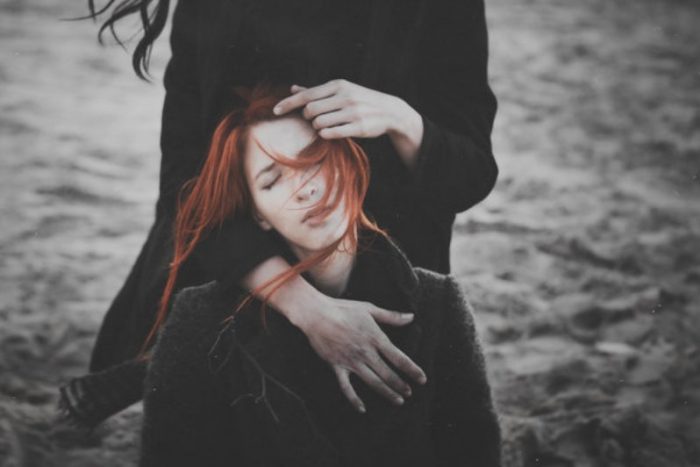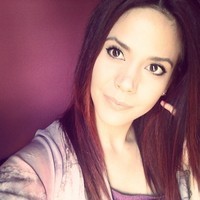I should have seen the red flags in his insane beliefs.
He had a hatred for Jewish people, he admired Hitler and he believed that the holocaust was a hoax—he had once graffitied swastikas at a Jewish school. He believed that those who follow the religion of Islam must be wiped off the Earth and those of African descent are to blame for their racial oppression.
I should have seen the red flags as I watched his parents brush it all off: how the family dynamic seemed to survive by living off each other’s sense of entitlement and grandiose beliefs and behavior; the way his mother would be unjustly rude to a waitress, modeling narcissistic behavior for her children.
I should have seen the red flags. I was surrounded by toxicity.
It wasn’t until he confessed that he’d once planned to steal his father’s gun to kill everyone in his social circle (the only thing stopping him was the key to where the gun was stored) that I began to piece things together.
Why didn’t I see the red flags?
At first it’s wonderful. They take on all your positive traits during the courtship cycle. I believe in honesty, kindness and compassion. So he became virtuous, a person of complete integrity. Whatever your noblest traits are, they pinpoint those strengths and project them. You begin to think, “They are exactly the same as me! We are so like-minded! A match made in heaven!”
But over time they can’t keep up with the charade. When they know they finally have you, they no longer feel obliged to reciprocate basic respect. When he verbally abused me, broke my belongings or smashed my car window out of irrational anger, he would never apologize on the grounds that I was too needy for expecting one and it put unfair pressure on him to do so.
Their fear of facing guilt is more important than the feelings of those they hurt.
They slowly reveal their true colors: the virtuous man I once knew became disrespectful, emotionally unavailable, bitter, hateful and self-absorbed. On the rare occasions he had no choice but to apologize for his behavior, he would always blame it on his depression. So my weak boundaries meant that I would take his depression onto my own shoulders. I defended all of his behavior and tried to lift the depression to find the man I loved again.
As you are sucked into sacrificing your own needs to help them, they begin to project their own behavior onto you:
You always manage to ruin their good moods.
They can never please you.
They don’t trust you.
You always play the victim.
And you begin to wonder how you could be so demanding and energy consuming? How could you act like the victim when they are in so much pain? You question yourself, change yourself. Then when that isn’t enough, you belittle yourself, degrade yourself and humiliate yourself. You begin to accept that you will never get an apology for the latest form of abuse, because maybe it was your fault that it happened.
You begin to chase them.
You lose your self-esteem, you stop talking to family and friends. You don’t believe you are a good enough. You constantly justify the poison and remain oblivious to it as it slowly seeps into your being.
After a year and a half of crying hysterically, one suicide attempt, loss of self-esteem, loss of ambition and lack of self-care, I checked myself into counselling and cut all contact with him.
At first I was ashamed of myself for not seeing those red flags.
As a holistic counselling student, I told myself that I should have known better. But I realized that we are not less valuable for enabling bad treatment; we are not less valuable for not knowing any better.
We are human.
In the midst of examining my shadows—what attracted the abuse and my weak boundaries—I am slowly learning to understand myself and forgive myself for not knowing any better. We can only work with the awareness that we possess at the time.
From the new awareness we gain by enduring it ourselves or learning from the experience of others, we become safer than ever before.
~
Relephant:
Identifying Emotional Abuse before it Happens.
7 Steps to Heal from Emotional & Physical Abuse
~
How to have an independent kind of love:
~
Author: Jennifer Hunt
Editor: Caroline Beaton
Photo: NataliaDrepina/Deviantart
 Share on bsky
Share on bsky


Read 66 comments and reply